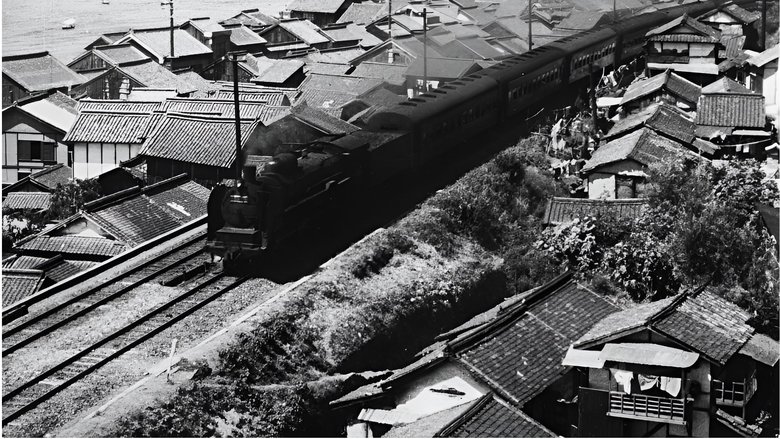Must-see movies that capture the spirit of Tokyo
Tokyo is a city of infinite stories, a captivating blend of the futuristic and the traditional. Its unique pulse has served as a backdrop and inspiration for countless films across every genre imaginable. Dive into some essential cinematic journeys through Japan's sprawling capital.

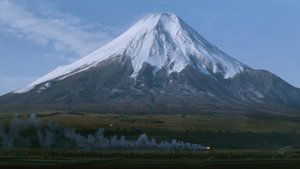

Few cities on Earth possess the cinematic magnetism of Tokyo. From the quiet, introspective family dramas of Yasujirō Ozu that captured the city's changing post-war landscape, to the neon-drenched, hyper-stylized worlds of cyberpunk and yakuza thrillers, filmmakers have consistently found compelling ways to frame this metropolis.
Tokyo isn't just a setting; it often becomes a character in itself – a maze of sensory overload, a place of profound loneliness amidst millions, a stage for cultural clashes, or a symbol of relentless change. Whether exploring the isolation felt by outsiders in Lost in Translation, delving into the lives of the city's underbelly, or showcasing its sheer architectural and social scale, movies set in Tokyo offer a diverse tapestry of perspectives.
These films capture everything from the quiet corners of residential neighborhoods to the frenetic energy of Shibuya crossing, the timeless beauty of its temples, and the futuristic gleam of its skyscrapers. Exploring this niche reveals not just great cinema, but also fascinating insights into the city's soul and its evolution through the decades, proving that Tokyo's story on screen is as complex and captivating as the city itself.
13. Tokyo Decadence (1992)
Directed by Ryu Murakami (the author of Audition), Tokyo Decadence is a controversial and unflinching look at the life of a young woman working as a call girl in early 1990s Tokyo. The film is a dark, atmospheric, and often disturbing exploration of isolation, exploitation, and the emotional toll of her profession. It's a challenging watch, delving into the hidden, seedier sides of the city and the psychological states of those who navigate them.

12. Tokyo Gore Police (2008)
Yoshihiro Nishimura's Tokyo Gore Police is exactly what the title suggests: a relentless, extreme splatter film set in a futuristic, dystopian Tokyo where a special police force hunts genetically modified criminals called 'Engineers.' The film is infamous for its over-the-top practical effects, creative and excessive gore, and grotesque character designs. It's a cult favorite for fans of extreme Japanese splatterpunk cinema, focusing more on imaginative body horror than narrative depth.
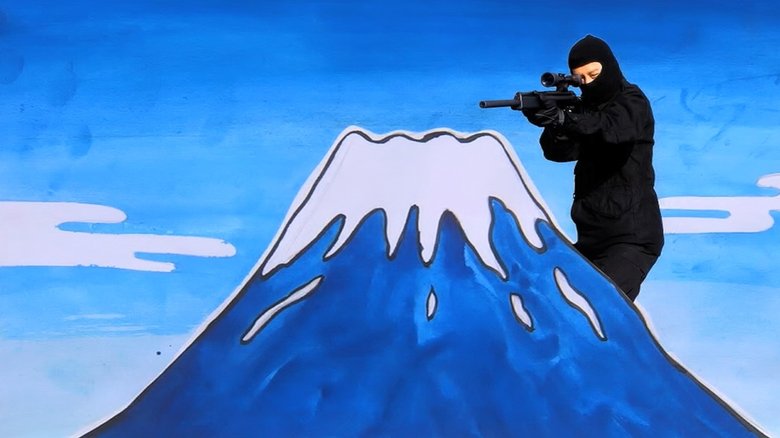
11. Tokyo Zombie (2005)
Directed by Sakichi Sato, Tokyo Zombie is a quirky horror-comedy that follows two slackers working in a factory in Tokyo who accidentally unleash a zombie apocalypse. The film blends gore and slapstick humor, using the zombie outbreak as a backdrop for a story about friendship and survival in a bizarre new world. It's a low-budget, offbeat take on the zombie genre with a distinctly Japanese sensibility, particularly in its deadpan humor and willingness to get weird.

10. Tokyo Tribe (2014)
Sion Sono's Tokyo Tribe is an utterly bonkers, over-the-top musical action film set in a dystopian, futuristic Tokyo. The city is divided into various street gangs, each with their own territory and style, who communicate largely through rap and hip-hop. When a conflict erupts, it leads to an all-out war across the different districts. It's a wild, energetic, and hyper-stylized spectacle that throws realism out the window in favor of pure, unadulterated cinematic chaos.
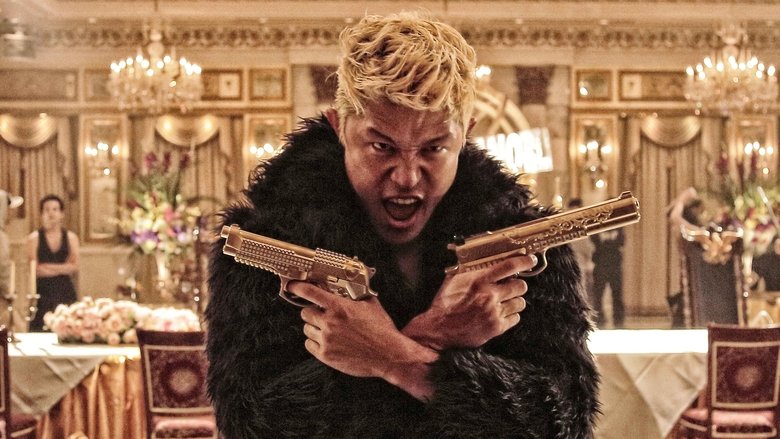
9. Tokyo Fist (1995)
From the director of Tetsuo: The Iron Man, Shinya Tsukamoto, comes Tokyo Fist, a visceral and intense film about urban alienation and the destructive power of obsession, set against the backdrop of Tokyo. The story centers on a meek salaryman who takes up boxing after his wife leaves him for his childhood friend, a pro boxer. Tsukamoto's signature kinetic energy and unsettling body horror elements are present, exploring themes of masculinity, violence, and the physical and psychological toll of modern city life.
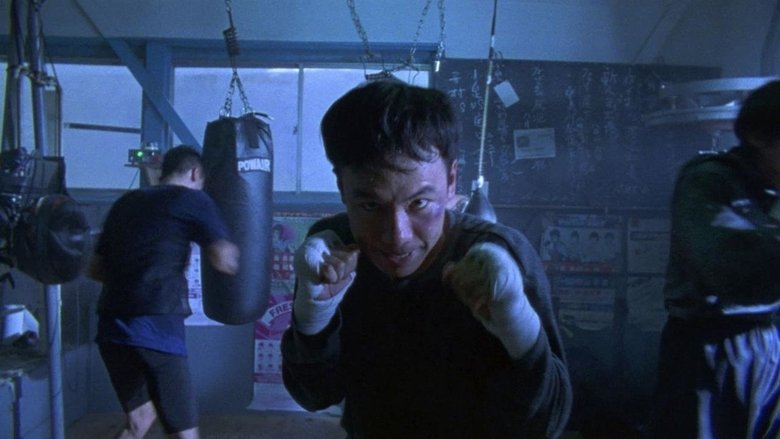
8. Tokyo Family (2013)
Yoji Yamada's Tokyo Family is a loving homage and modern retelling of Ozu's classic Tokyo Story. It updates the story of elderly parents visiting their busy adult children in contemporary Tokyo, exploring similar themes of generational gaps, familial duty, and the impact of rapid societal change. While staying true to the spirit of the original, Yamada brings the story into the 21st century, reflecting on how technology and modern lifestyles further affect family dynamics in the bustling metropolis.

7. Tokyo Drifter (1966)
Seijun Suzuki's Tokyo Drifter is a stylish, hyper-real yakuza film that's less about plot and more about pure aesthetic cool. Tetsuya Watari stars as 'Phoenix' Tetsu, a former yakuza forced on the run, drifting through bizarrely colored, theatrical sets representing different locations, including a highly stylized Tokyo underworld. Suzuki's use of color, avant-garde production design, and jazzy score make this a unique entry in the yakuza genre. It's a fever dream of a movie, a visual feast that cemented Suzuki's reputation as a rebellious stylist.

6. Tokyo Twilight (1957)
Another poignant family drama from the master Yasujirō Ozu, Tokyo Twilight delves into the lives of two sisters dealing with separation, infidelity, and the return of their long-absent mother. Set in late 1950s Tokyo, the film continues Ozu's exploration of domestic life and societal changes, though it carries a notably darker and more somber tone than many of his earlier works. It addresses complex emotional issues with Ozu's characteristic observational style, offering a quiet, contemplative look at disappointment and resilience within the family unit.
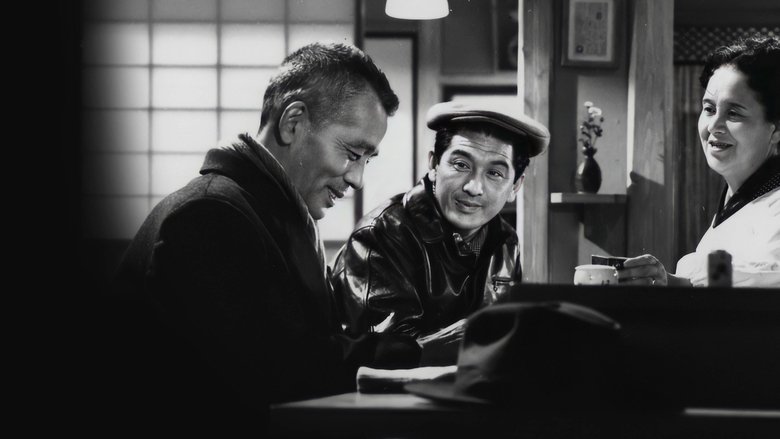
5. Tokyo Sonata (2008)
Kiyoshi Kurosawa, known for his chilling horror films (Pulse), shifts gears with Tokyo Sonata, a quiet, unsettling drama about a middle-class family in Tokyo slowly falling apart. The film explores the pressures of conformity, economic instability, and the communication breakdown within a seemingly normal household. It's a subtle yet powerful critique of modern Japanese society, where characters hide secrets and struggle to connect with each other despite living under the same roof. Kurosawa masterfully builds a sense of unease not through overt scares, but through the quiet despair of everyday life.

4. Tokyo Olympiad (1965)
Kon Ichikawa's Tokyo Olympiad is not just a documentary about the 1964 Summer Olympics; it's a cinematic masterpiece that captures the spirit of the athletes and the energy of Tokyo as it hosted the world. Eschewing a simple chronological account of events, Ichikawa focuses on human moments, the sheer effort of competition, the expressions of victory and defeat, and the atmosphere surrounding the games. The camerawork is stunning, often getting remarkably close to the action and the competitors' faces. It's a powerful historical document and a breathtaking piece of filmmaking that showcases Tokyo on a global stage.

3. Tokyo Godfathers (2003)
From the visionary director Satoshi Kon (Paprika, Perfect Blue) comes Tokyo Godfathers, a heartwarming animated film set during the Christmas season in Tokyo. This isn't your typical holiday story; it follows three homeless individuals – a trans woman, a runaway girl, and a middle-aged alcoholic – who discover an abandoned baby in a trash heap. What follows is a surprisingly moving and often hilarious adventure as they try to find the baby's parents, encountering various eccentric characters and unexpected twists of fate throughout the city's streets. Kon blends comedy, drama, and social commentary with his unique visual flair, creating a truly special and unconventional tale about finding family in unexpected places.

2. Lost in Translation (2003)
Sofia Coppola's Lost in Translation captures a specific kind of beautiful melancholy and urban alienation, using Tokyo as its stunning, bewildering playground. Bill Murray delivers a career-defining performance as a fading actor finding an unexpected connection with Scarlett Johansson's young woman adrift in the city. The film masterfully portrays the feeling of being a stranger in a strange land, highlighting the disconnect and the unexpected bonds that can form in isolation. Coppola's direction is atmospheric and evocative, painting a picture of Tokyo as both overwhelming and strangely intimate. It's a film about fleeting connections, cultural dislocation, and finding a moment of understanding amidst the noise.

1. Tokyo Story (1953)
Often cited as one of the greatest films ever made, Yasujirō Ozu's Tokyo Story is a profound meditation on family, aging, and the changing face of Japan in the postwar era. Set primarily in Tokyo, it follows an elderly couple who travel to the city to visit their grown children. Ozu's signature low camera angles and static shots create an intimate, observational feel, allowing the viewer to deeply connect with the subtle emotional currents between the characters. It's a film that finds beauty and melancholy in the everyday, exploring universal themes of generational disconnect and the quiet ache of life's transitions against the backdrop of a bustling, indifferent city. A truly essential piece of cinematic history.
